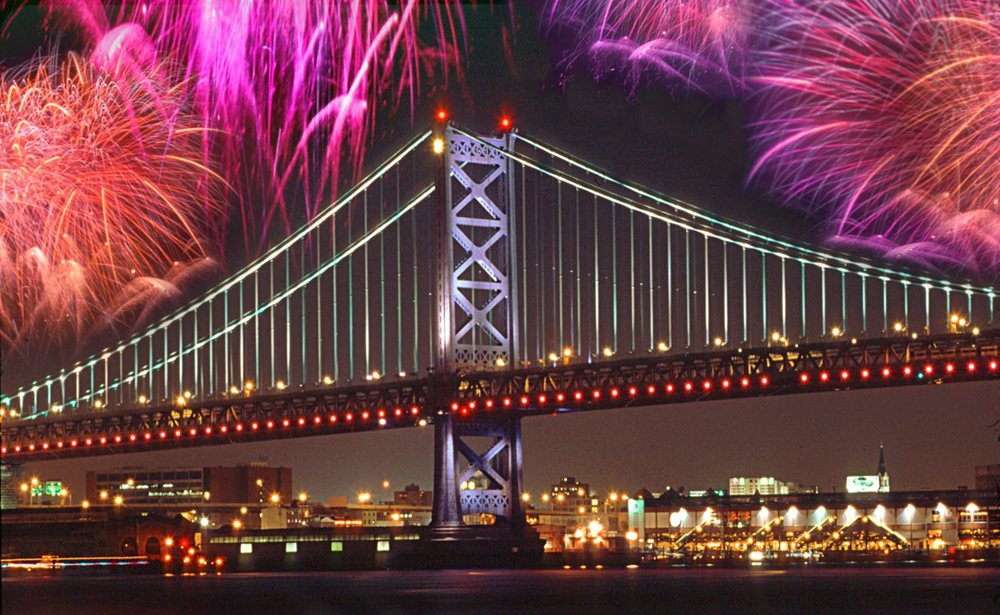
Protect Your Eyes from New Year’s Eve Fireworks
Fireworks are a fun, festive and family-friendly way to ring in the start of the New Year. However, without proper precaution this colorful nighttime display can be potentially dangerous – even for your eyes.
The United States Consumer Product Safety Commission found that in 2017 fireworks were involved in about 12,900 injuries that required emergency room treatment at hospitals across the country.
While hands and fingers are the most frequently injured body parts (an estimated 31 percent), about 14 percent of injuries occurred to the eye. The report documented that the most frequent eye-related injuries from fireworks included contusions (bruising), lacerations (cuts or tears), and foreign material in the eye.
Fireworks injuries are not limited to just those handling the fireworks themselves – even bystanders can be at risk. That’s why people are encouraged to take necessary precautions.
Here are some helpful tips to keep yourself and your loved ones safe:
If you experience some type of bodily injury from fireworks, it’s important to seek medical attention immediately. If the injury is vision-related, avoid touching, rinsing or applying pressure to the eye.
The Eye Institute (TEI) offers a variety of diagnostic and treatment services including emergency care for eye injuries that require immediate attention. Current patients of TEI can report to TEI’s Emergency Service during regular business hours. If emergency care is required after hours, patients who have had an exam in the past three years can call 215.276.3035.